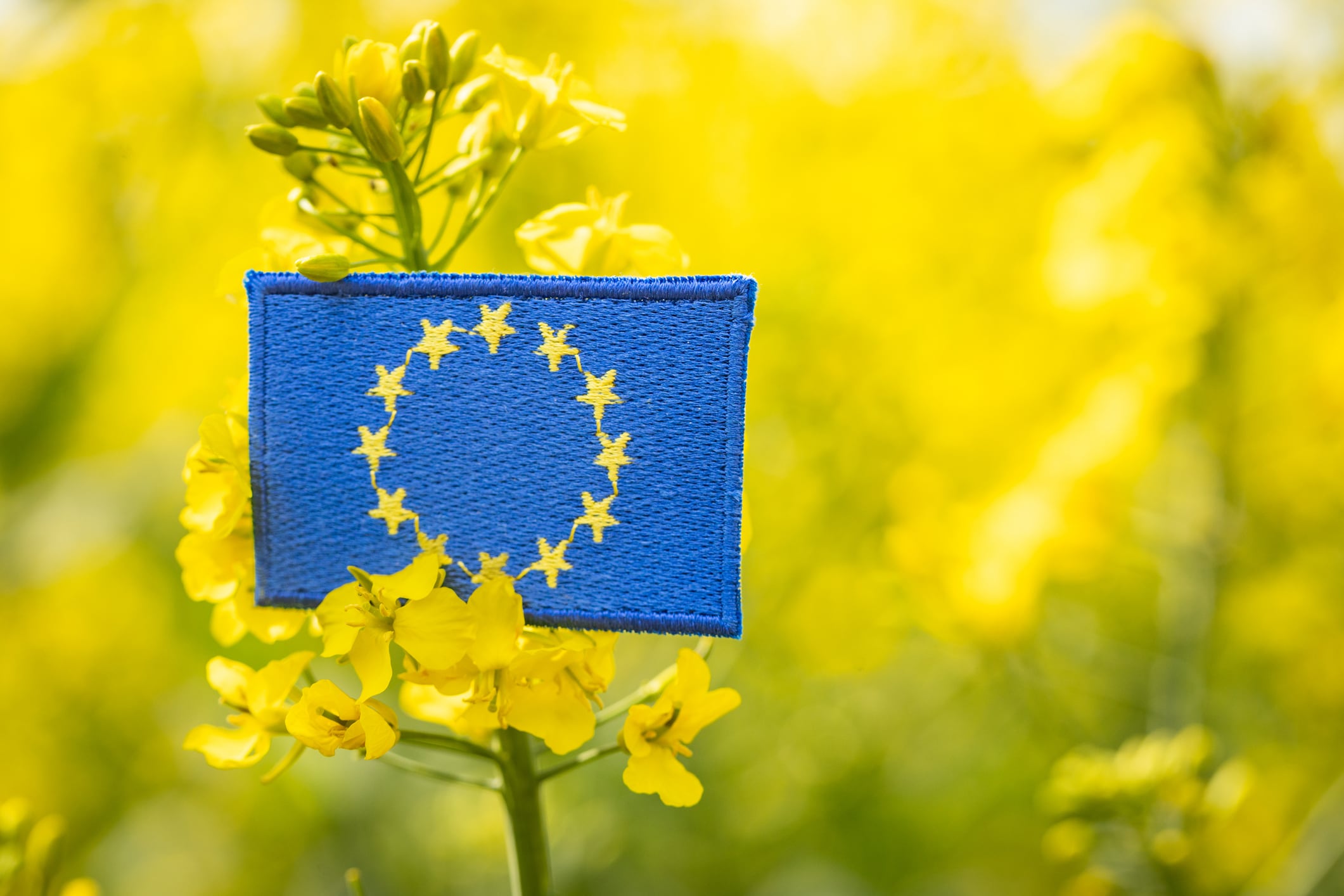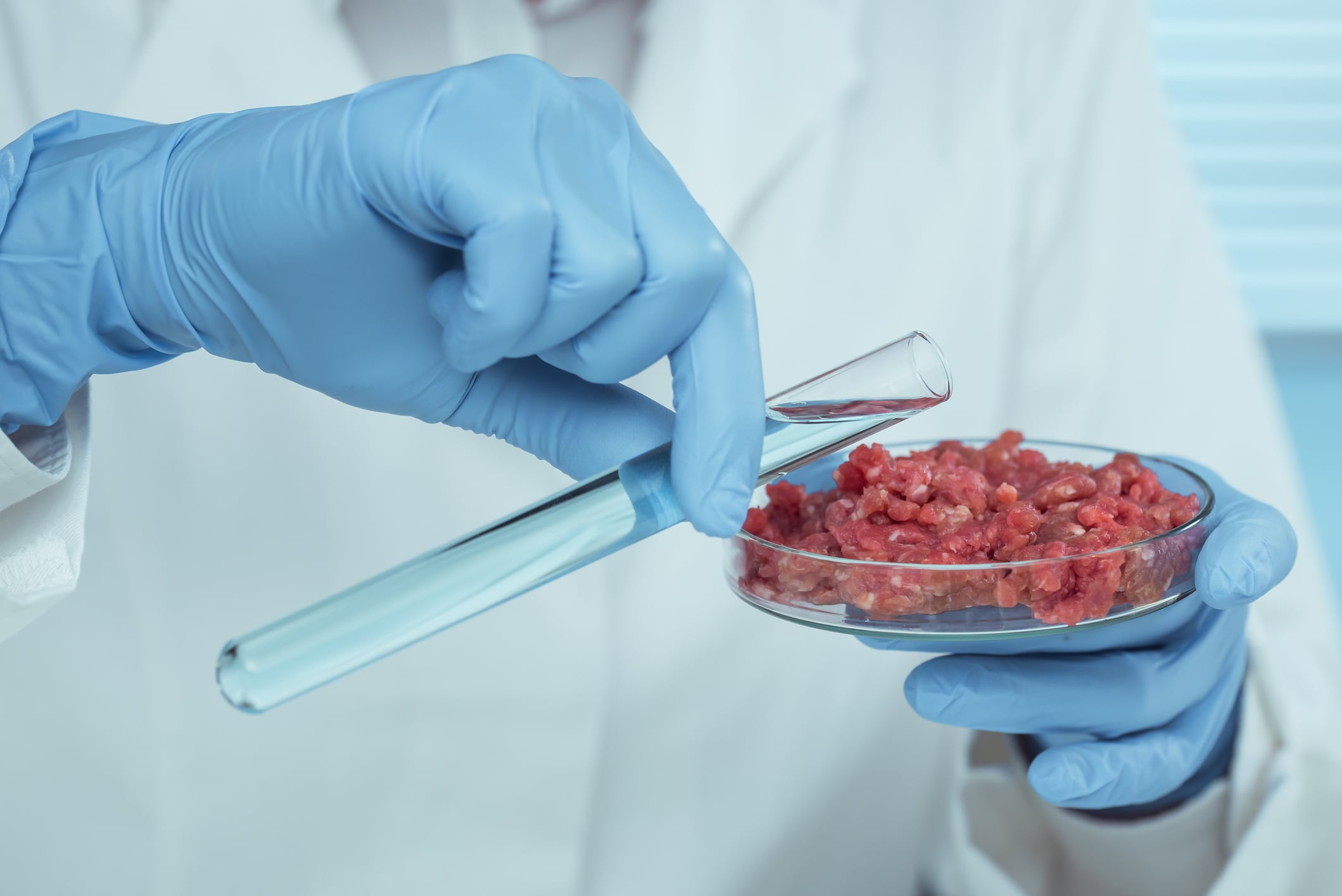The EU is planning to boost biotechnology. A recent report laying out its commitment to the sector won a vote in the European Parliament last week.
While the report covered biotechnology as a whole, the use of biotech in food was central.
How is biotechnology used in food?
Biotechnology is defined by the EU as “the application of science and technology to living organisms, as well as parts, products and models thereof, to alter living or non-living materials for the production of knowledge, goods and services.”
In food, this refers to processes such as precision and biomass fermentation, which can be used to create a range of foods including alternative proteins.
Biotech methods can target a range of functionalities in food, improving taste, texture, mouthfeel and even shelf life.
Biotechnology report: A statement of intent
The biotechnology report voted in on Thursday cements the EU’s commitment to both biotech itself, and biomanufacturing.
It is not, however, legally binding. Known as an ‘own initiative report’, the report was written by MEP Hildegard Bentele to cement the Parliament’s position on the issue of biotech.
While it doesn’t have legal value, it does have political value, suggests Pauline Grimmer, policy manager at Good Food Institute (GFI) Europe. Instead of putting measures into law, it clarifies the European Parliament’s main priorities in the biotech and biomanufacturing sector.
What biotech issues does it address?
The report does not legislate for future actions, but it does clarify the European Parliament’s position on key problems in biotech.
The report “recognises that biotech is a key growth sector for Europe,” explains Grimmer, as well as clarifying that food is an important part of this sector.
It recognises the key issues facing the biotech sector. For example, the lack of research and innovation funding, the challenges around upscaling and the need to de-risk private investment, calling on the European Investment Bank (EIB) to minimise uncertainty around funding for biotechnology.
Furthermore, it mentions the importance of greater regulatory clarity and speeding up the regulatory process. It suggests that regulatory sandboxes need to be utilised more often.
“Without clear actions on these things, it will be very hard for the biotech sector as a whole to be competitive in Europe,” suggests Grimmer.
How could it set the stage for the Biotech Act?
Much of the report lays the groundwork for the upcoming Biotech Act, which the European Commission has committed to put forward by the end of 2026.
This report, explains Grimmer, “gives the Commission a solid foundation to build an ambitious Biotech Act.”
For the act, Parliament urges the Commission to ensure consistency across all legislation that may affect biotechnology, and to facilitate the uptake of biotechnology and biomanufacturing through the introduction of clear new regulation.
It also suggests rectifying key gaps or barriers preventing the growth and success of biotech, such as improving the EU’s self-sufficiency on key feedstocks, components and raw materials.
Furthermore, it suggests changing IP protection rules, creating longer terms for patented technologies to strengthen the sector.





